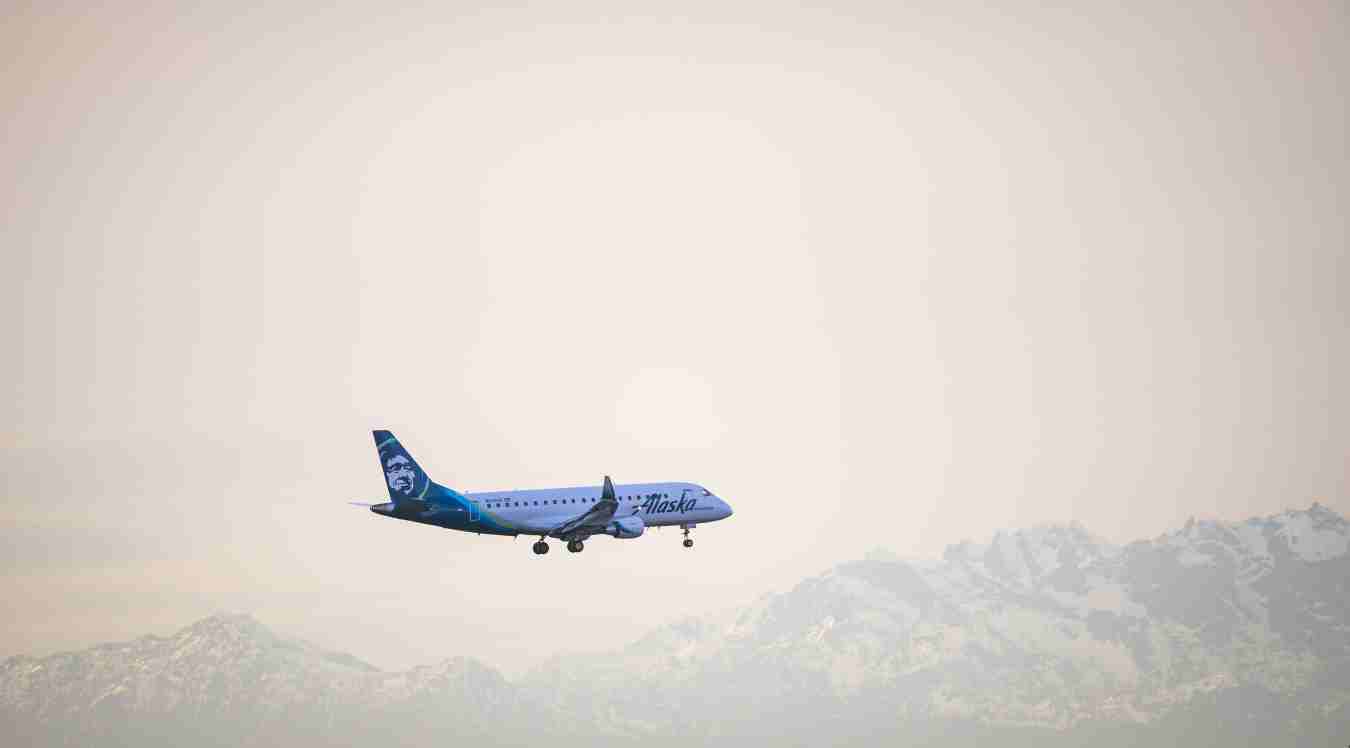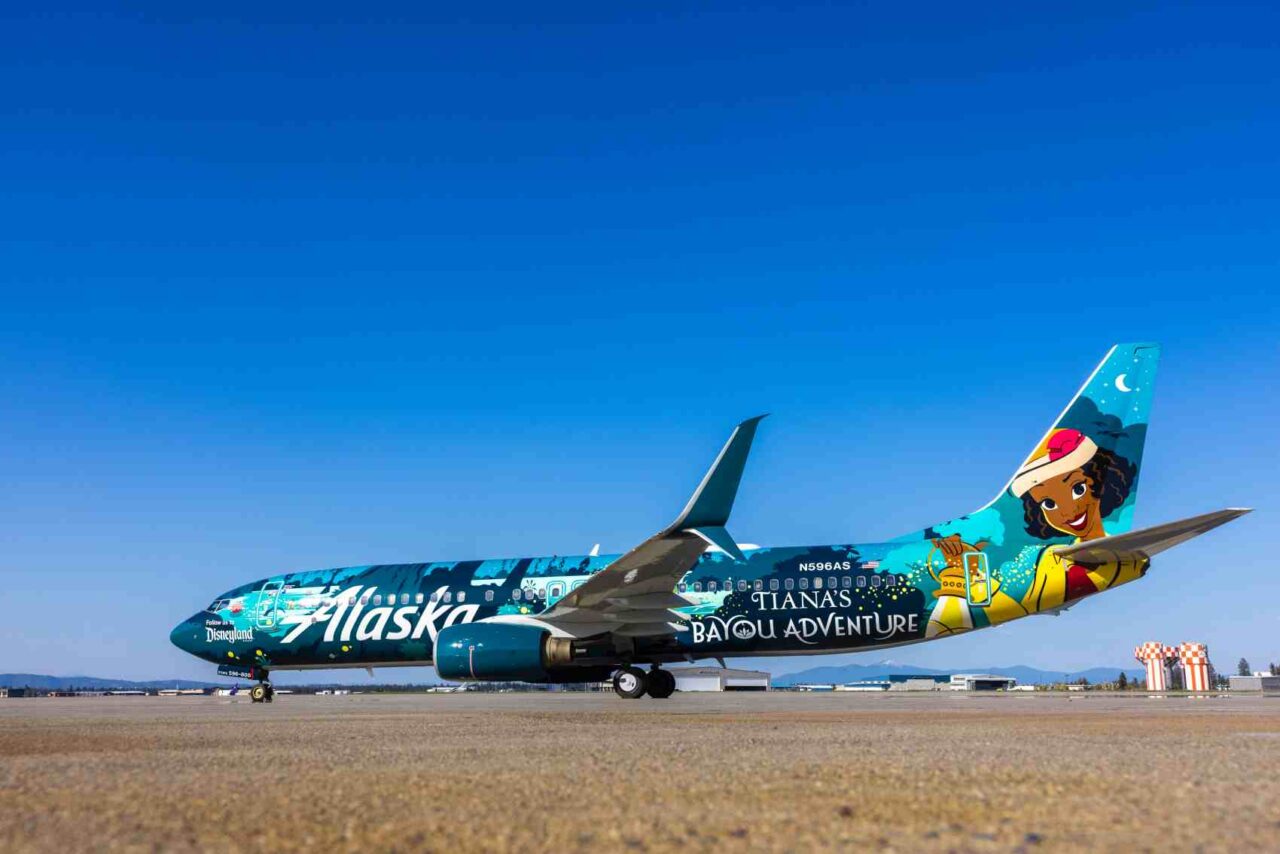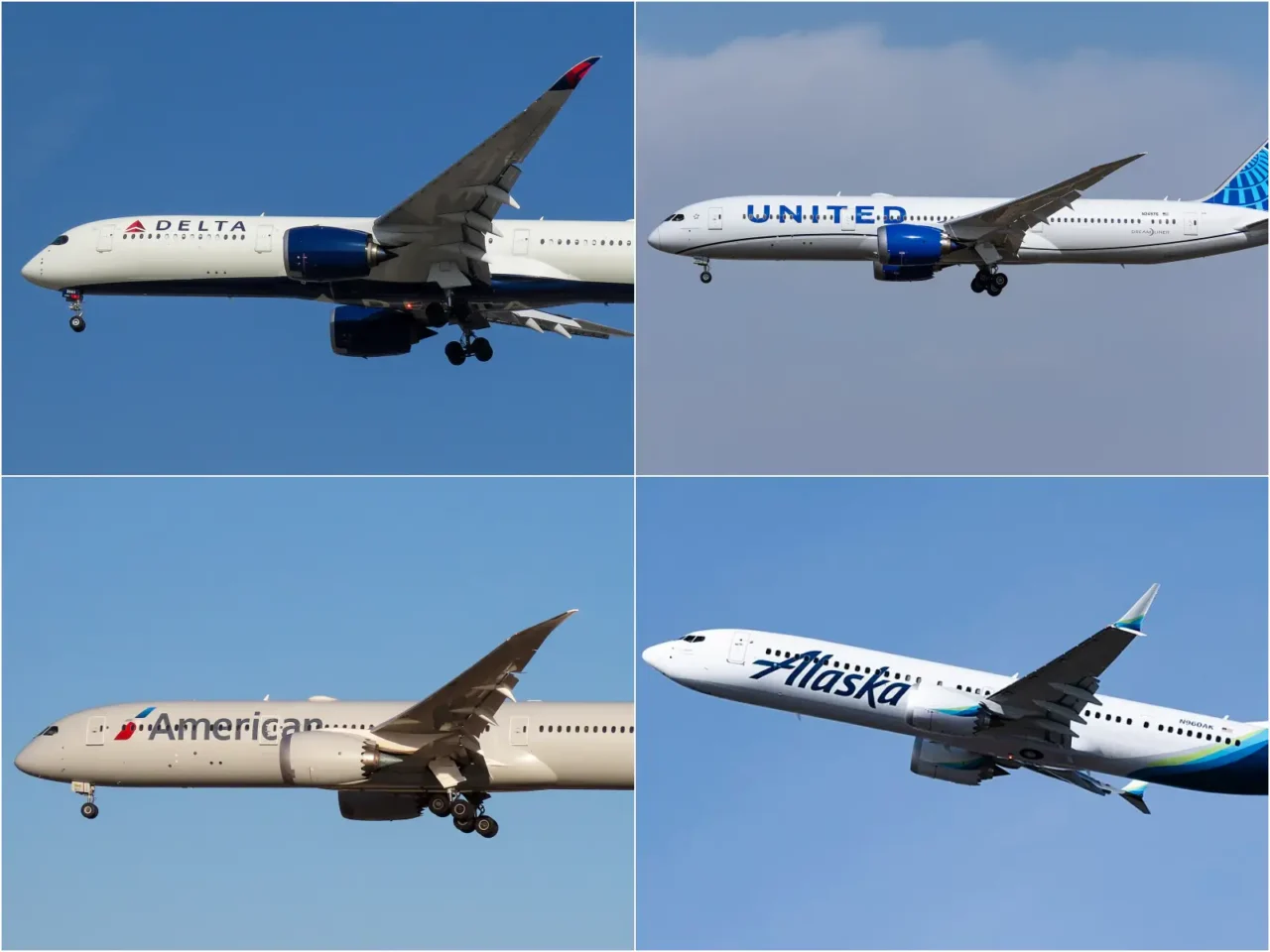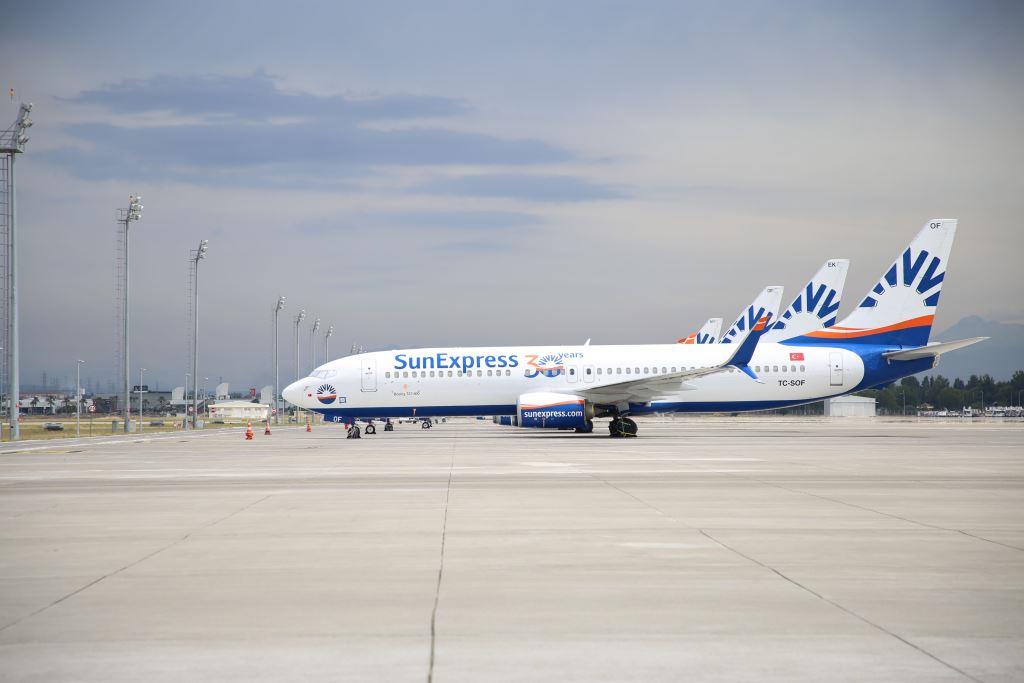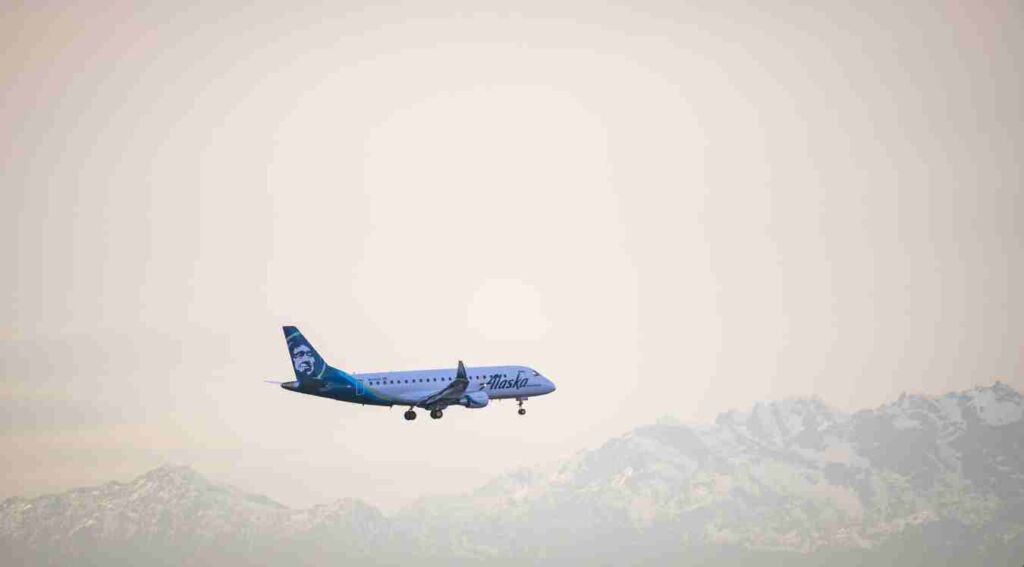Microsoft Corp. employees who fly between their global headquarters in Redmond, Washington, and California on Alaska Airlines will fly more sustainably thanks to the use of sustainable aviation fuel (SAF) to cover their business travel. The SAF, supplied by SkyNRG, is an important option for the aviation industry to reduce CO2 emissions on a life-cycle basis. This first U.S. partnership of its kind is a model for other companies and organizations committed to reducing the environmental impact of business air travel.
The agreement applies to CO2 emissions from Microsoft employee travel between Seattle-Tacoma International Airport to San Francisco International Airport, San Jose International Airport, and Los Angeles International Airport — the three most popular routes traveled by Microsoft employees on Alaska Airlines. Under a separate partnership agreement, Microsoft will purchase SAF credits from SkyNRG, and the SAF will be delivered to the airport fueling system used by Alaska Airlines. The companies will explore expanding the program in the future.
“After a decade advancing sustainable aviation fuel, this partnership marks a significant milestone in the work to make SAF a commercially-viable aviation fuel alternative,” said Brad Tilden, CEO of Alaska Airlines. “SAF enables us to fly cleaner and reduce our impact on the environment. However, we cannot do this alone — we must work together with other industries and business leaders like Microsoft and SkyNRG, among others who are thinking big, to achieve our goals and grow the marketplace for SAF.”
“We are excited to partner with Alaska Airlines to make business air travel a little greener by using sustainable aviation fuel supplied by SkyNRG to reduce the carbon impact of the flights Microsoft employees fly most,” said Judson Althoff, executive vice president of Microsoft’s Worldwide Commercial Business. “We hope this sustainable aviation fuel model will be used by other companies as a way to reduce the environmental impact of their business travel.”
Microsoft, Alaska Airlines and SkyNRG hope this partnership sets an example for other companies and organizations to purchase SAF, and support the development of the SAF industry by creating a stable demand signal, increasing supply and reducing the cost of SAF. The three companies are also supporting the development of a global environmental accounting standard for voluntary corporate SAF purchases through their participation in a pilot project of the World Economic Forum’s Clean Skies for Tomorrow initiative. The companies plan to hold supplier and corporate forums to share learnings and increase interest in using SAF to lower the carbon emissions from business travel.
Alaska Airlines is one of the most fuel-efficient airlines in the U.S. with a strong commitment to sustainability. It was among the first airlines to use SAF in passenger travel, flying nearly 80 flights over the past 10 years. With a fuel-efficient fleet and use of modern technology in the flight deck, Alaska Airlines has reduced its intensity target of greenhouse gas emissions by 16% since 2012.


